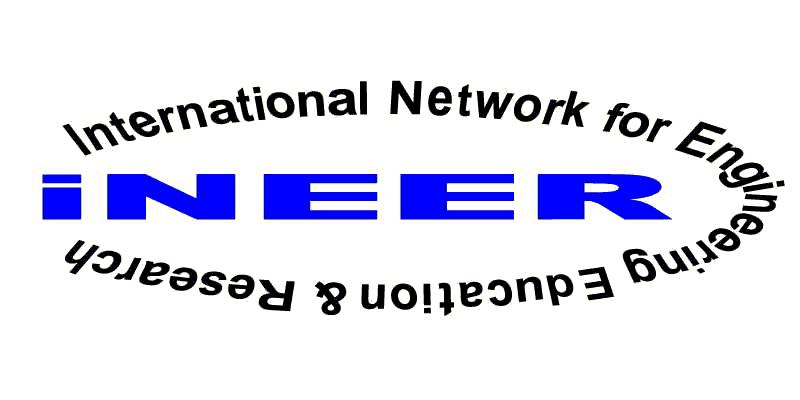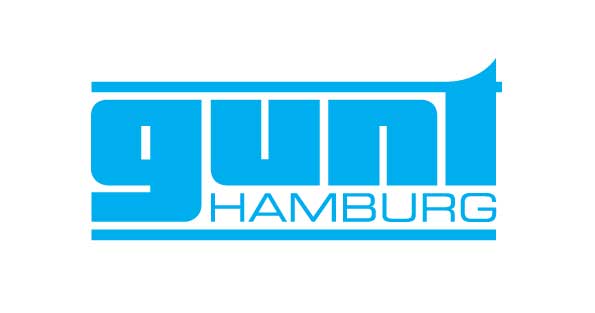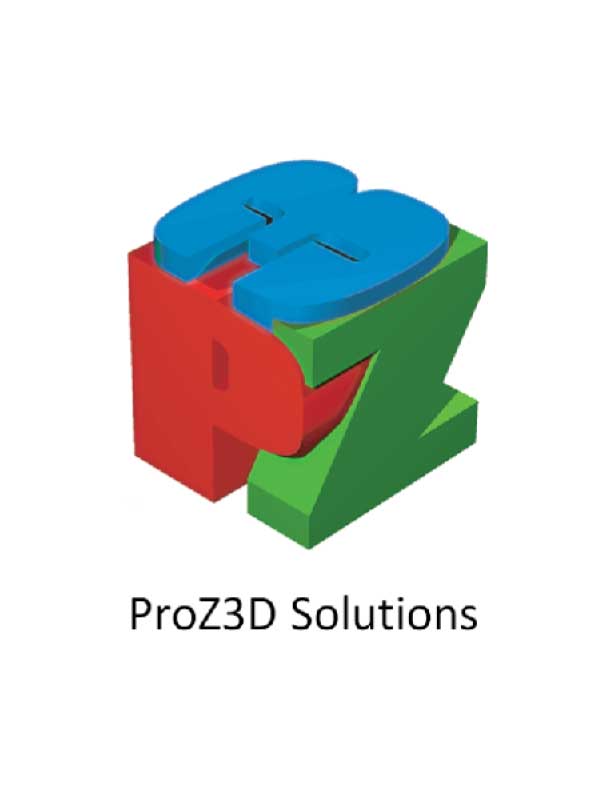Call for Papers
Paper Submission
Papers were submitted via Easy Chair using the specified conference template available below:
- Abstract Template
- Extended Abstract Template
- Full Paper Template
Conference Themes and Sub-themes
Authors were invited to submit papers on a wide range of topics on current best practices in education of future Engineers as well as practices which should be adopted in the wake of recent research and growing demands due to the past pace advances in technology applications. Consideration of the role of Ethics and Sustainability in the curriculum under such circumstances was of special interest as well as interdisciplinary interaction at the curriculum level. Suggested topics included the following:
1. Technology in Engineering Education
- Current and prospective technologies and tools in engineering education
- Issues and opportunities for online delivery of engineering programs - Australian and international perspectives
- Library resources for undergraduate and postgraduate education
2. Engineering Education Delivery and Development
- Online vs face-to-face
- Blended learning
- Flipped learning
- Student centred learning
- Problem-based learning
- Experiential learning
- Resource sharing nationally and internationally
- Multi-institutional course delivery across national and international boundaries
- Engineering courses focusing on innovation and multi-disciplinary approaches
- Student peer learning
- Problem solving through innovative solutions
3. Engineering Curriculum Development
- Upgrading engineering courses to meet national aspirations and industry demands
- Interaction with industry
- Course quality and accreditation
- Curriculum development
- Feedback and reflection
- Role of Advisory Committees
- First-year programs
- Honours studies
- Post-graduate studies
- Multidisciplinary engineering subjects
- Libraries in engineering education
- Science, technology and mathematics in engineering curricula
4. Ethics and Sustainability in Engineering Education
- Engineering ethics
- Dealing with plagiarism
- Sustainability in engineering design
5. Collaboration with Industry
- Intellectual Property (IP) issues
- Jointly funded research projects
- Industry internships
6. Occupational Health and Safety Education
- Laboratory safety practices
- Workplace safety practices and legislation
7. Engineering Education, Technology and Society
- Engineering and public policy
- Engineering leadership
- Public health
- Entrepreneurship
- Liberal Education
- Engineering Education and Minorities
- Technological literacy
- Women in engineering
- The role of literacy, language, economics, accounting, social studies and other non-engineering subjects in engineering
- Role of foreign languages as a medium of instruction
8. Other aspects of Engineering Education and Research
- Role of Professional Societies
- Introducing Engineering Standards
- Student Exchange programs
Publication
The official conference proceedings is available here.
Mobile options:





